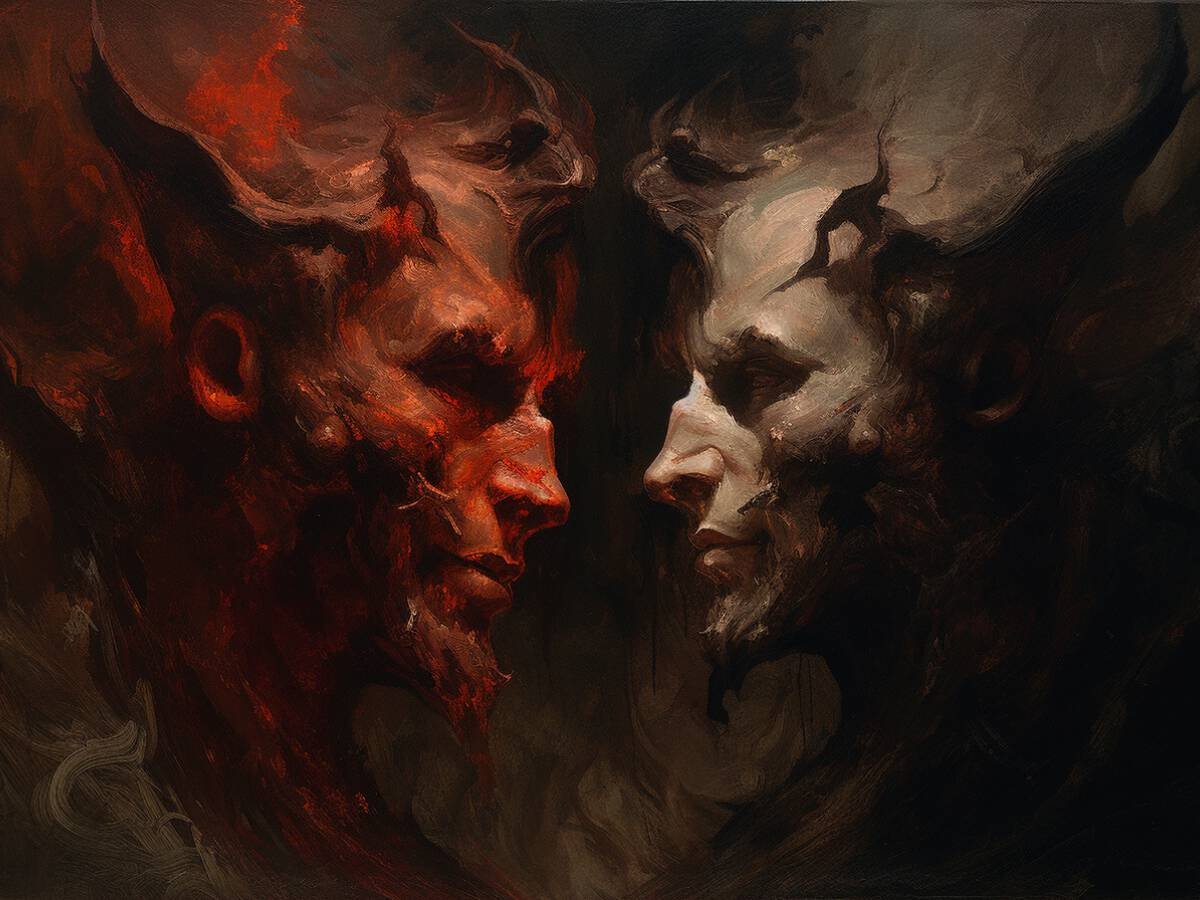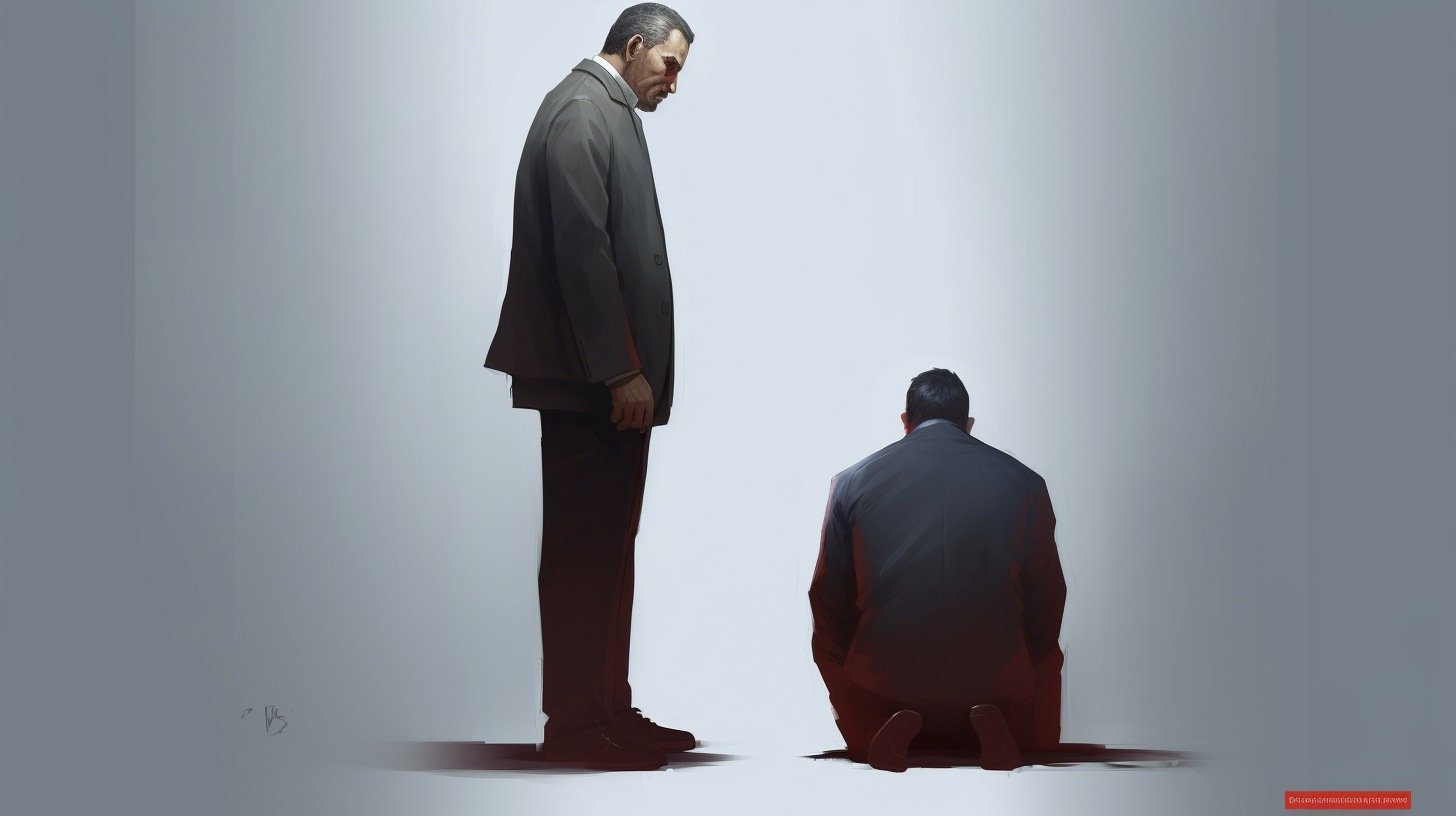You Said “I Speak The Truth”, But I Spoke It For You In 10 Memes
Table of Contents Show
In a world where the truth is often as elusive as a politician's promise, we find ourselves yearning to give a dose of reality, no matter how bitter it may taste to everyone and anyone.
Hence, if you wanted to say something that you could not, then find some inspiration from the words of some of history's most astute observers, who never held back from speaking out their minds.
A. What Does Speak The Truth Mean?
To speak the truth is to reject the comforting lies that society feeds us, to refuse to participate in the collective delusion. It is to embrace the harsh, sombre reality of existence, to acknowledge the darkness that lurks beneath the surface of our everyday lives. It is to be a beacon of honesty in a sea of deceit, a voice of reason in a cacophony of falsehoods.
B. Speaking My Truth
“Speaking my truth” refers to a worldview where an individual’s resolve to truth is no longer a casual act, nor a pleasant narrative and neither about seeking approval or validation. In essence speaking my truth resonates with:
It is a deliberate, calculated decision to stand against the tide, to refuse to be swept away by the currents of conformity. It is a declaration of war against the forces of deception, a refusal to be silenced, a commitment to authenticity.
It is a dark, somber tale of reality, a stark contrast to the sugar-coated fictions that society peddles. It is a story of struggle and survival, of the harsh realities of existence, of the relentless pursuit of authenticity in a world that values appearance over substance.
It is about asserting the right to exist, to be heard, to be seen. It is about refusing to be erased, to be silenced, to be ignored. It is about standing tall in the face of adversity, about refusing to bow down to the pressures of conformity.
C. Ten “I Speak The Truth” Quotes
1. The Simplicity of Honesty
“If you tell the truth, you don’t have to remember anything.”
Twain, the master of wit, delivers a punch with this quote. It's a simple yet profound truth, as stark as a skeleton in the closet. In a world where lies are often spun into intricate webs, the truth stands out in its simplicity.
It's like a lone wolf howling in the wilderness, unadorned yet powerful. Twain reminds us that honesty is not just a moral choice, but a practical one.
2. The Inevitability of Truth
“Three things cannot be long hidden: the sun, the moon, and the truth.”
Buddha, with his infinite wisdom, equates truth with celestial bodies. The sun and the moon, despite the clouds and the night, will always reveal themselves. Similarly, the truth, no matter how deeply buried, will eventually surface.
It's like a corpse in a poorly dug grave, it won't stay hidden for long. Buddha's words serve as a warning to those who attempt to bury the truth - it will rise, and when it does, it will shine as brightly as the sun or the moon.
3. The Unmasking of Truth
“Once you eliminate the impossible, whatever remains, no matter how improbable, must be the truth.”
Doyle, through his character Sherlock Holmes, presents us with a method of unmasking the truth. It's like a game of Cluedo, where you eliminate suspects and weapons until you're left with the murderer and their tool of destruction.
The truth, according to Doyle, is often improbable, lurking in the shadows of our disbelief. But once we've eliminated the impossible, we must face it, no matter how uncomfortable it makes us.
4. The Acceptance of Truth
“All truth passes through three stages. First, it is ridiculed. Second, it is violently opposed. Third, it is accepted as being self-evident.”
Schopenhauer, the philosopher with a penchant for pessimism, presents the journey of truth as a three-act play. In the first act, the truth is a jester, ridiculed by those who cannot comprehend it. In the second act, it becomes a revolutionary, violently opposed by those threatened by its power.
In the final act, it is a king, accepted as self-evident and unchallengeable. Schopenhauer's words remind us that the truth, like a protagonist in a play, will always have the last laugh.
5. The Value of Truth
“Rather than love, than money, than fame, give me truth.”
Thoreau, the lover of nature and solitude, places truth above love, money, and fame. It's a bold statement, akin to choosing a simple cabin in the woods over a mansion in the city. But Thoreau
understands that truth, like the beauty of nature, is priceless. It's a treasure that doesn't lose its value, unlike fickle love, fleeting fame, or fluctuating wealth. Thoreau's words challenge us to reassess our priorities and question whether we value the glitter of gold over the glow of truth.
6. The Mask of Truth
“Man is least himself when he talks in his own person. Give him a mask, and he will tell you the truth.”
Wilde, the flamboyant playwright, presents a paradoxical view of truth. He suggests that truth is like a shy creature that only comes out when given a mask of anonymity. It's a dark commentary on the human condition, where fear of judgment often silences honesty.
Wilde's words are a mirror, reflecting our own insecurities and the liberating power of anonymity.
7. The Legacy of Honesty
“No legacy is so rich as honesty.”
Shakespeare, the bard who needs no introduction, equates honesty with wealth. In a world obsessed with material possessions, Shakespeare's words are a breath of fresh air. They remind us that honesty, like a priceless heirloom, is a legacy worth leaving. It's a treasure that doesn't tarnish with time, unlike gold or silver.
Shakespeare challenges us to bequeath a legacy of honesty, a gift that will enrich generations to come.
8. The Triumph of Truth
“Truth will ultimately prevail where there is pains to bring it to light.”
Washington, the first president of the United States, assures us of the triumph of truth. His words are a beacon of hope in a world often shrouded in lies. They remind us that truth, like a seed buried in the soil, will eventually break through the surface if we take pains to nurture it.
Washington's words are a call to action, urging us to be cultivators of truth in a field of falsehood.
9. The Power of Truth
“Even if you are a minority of one, the truth is the truth.”
Gandhi, the champion of non-violence, highlights the power of truth. His words remind us that truth, like a lone warrior standing against an army, doesn't lose its strength in the face of opposition. It's a powerful message, especially in a world where majority often rules.
Gandhi's words inspire us to stand by the truth, even if we stand alone.
10. The Discovery of Truth
“All truths are easy to understand once they are discovered; the point is to discover them.”
Galilei, the father of modern science, presents truth as a discovery waiting to be made. His words remind us that truth, like a hidden treasure, is easy to understand once we uncover it.
The challenge lies in the quest for discovery, in the courage to venture into the unknown. Galilei's words inspire us to be explorers in the realm of truth, to seek out the hidden treasures that lie in wait.
D. Conclusion
In this exploration, we've journeyed through the realm of raw, unfiltered truth, delivered by some of the greatest minds, who never flinched from holding back. So why should you?
The Invisible Man hopes that he has been able to change the perspectives of those of you who couldn’t handle the truth, into those who now want more truth.


































